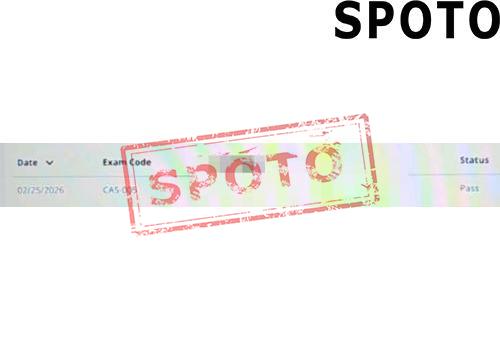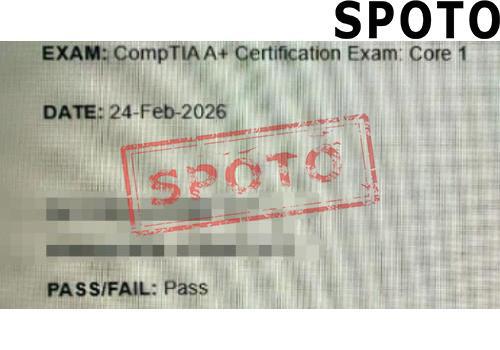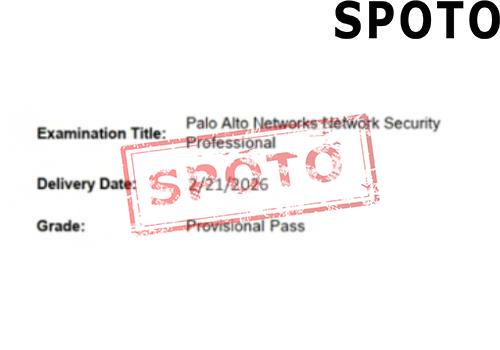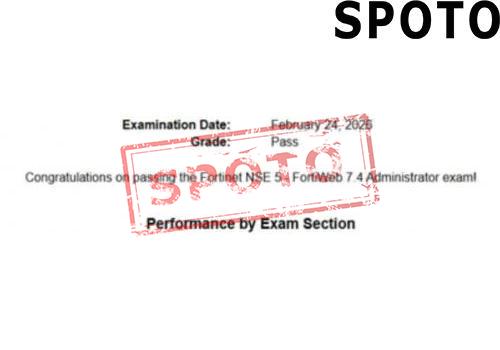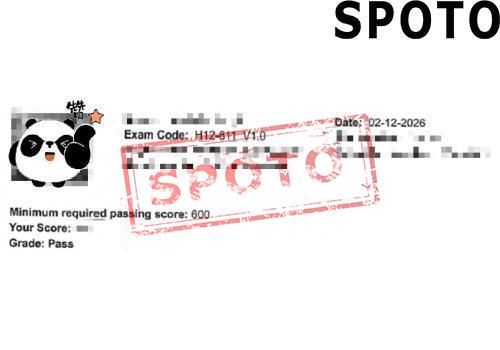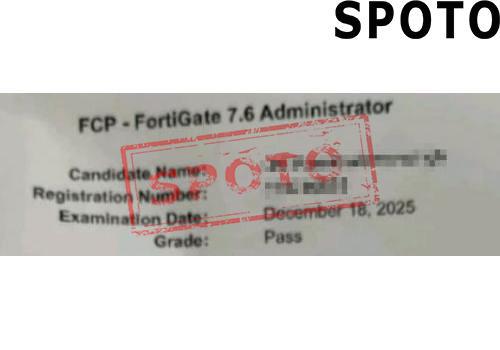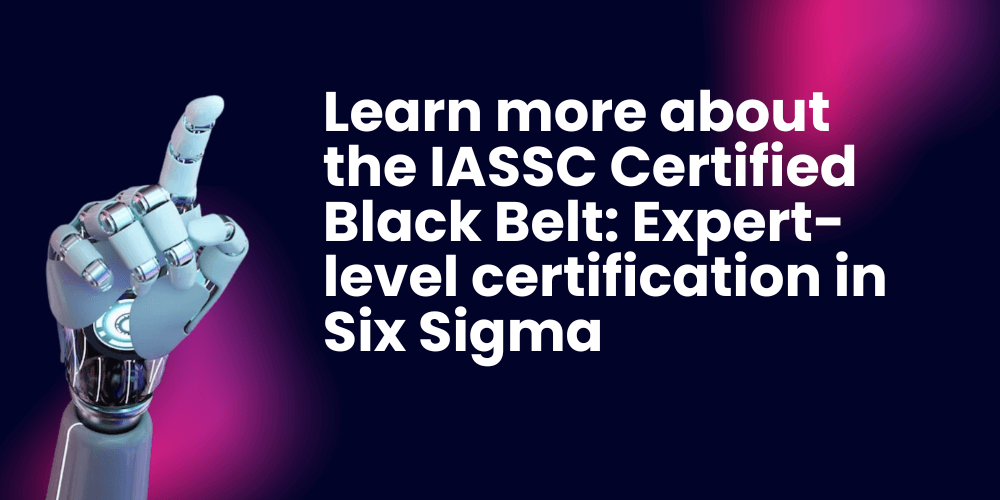
Table of Contents
Learn about expert-level certification in the Six Sigma field through this article, cultivate your comprehensive capabilities, and establish your authority in this field.
1. Do you really know the IASSC Certified Black Belt certification?
Offered by the International Association for Six Sigma Certification (IASSC), the Certified Black Belt (ICBB) is a key professional credential. It is the highest level of Six Sigma certification awarded by the organization and validates the holder's advanced expertise in leading complex process improvement projects using the Six Sigma methodology.
Six Sigma is a data-driven process improvement methodology that identifies and eliminates inefficiencies within business processes, reduces variation, lowers defect rates, and ultimately improves quality and efficiency. As a Black Belt certification, the ICBB focuses on combining a deep understanding of the methodology with team leadership. Holders are required to not only master the classic Six Sigma framework but also be able to lead cross-functional teams in large-scale improvement projects. They are also required to demonstrate the ability to mentor Green Belts, drive organizational change, and align improvement efforts with corporate strategic goals.
2. Benefits of having IASSC Certified Black Belt certification.
The ICBB, the premier certification from the globally recognized IASSC Six Sigma body, directly validates the holder's advanced process improvement expertise. It is particularly recognized in industries with stringent quality control requirements, such as manufacturing, finance, and healthcare, and serves as authoritative proof of competence.
Black Belt certification is a key factor in selecting process improvement leaders and senior management positions. Certified Black Belts often lead core projects and command significantly higher salaries than ordinary practitioners. ICBB holders can solve complex problems through data-driven approaches, such as reducing production costs and improving customer satisfaction, creating quantifiable value for the company. This helps ensure consistent Six Sigma practices across the enterprise, avoid blind process improvement efforts, and improve project success rates.
The ICBB certification is suitable for mid- to senior-level professionals responsible for leading complex process improvement projects, including quality managers and process optimization experts; operations directors and department heads who need to improve team or business line efficiency through Six Sigma; and Six Sigma trainers and consultants who guide Green Belts or implement Six Sigma within the company.
3. Understanding the ICBB Certification
Covering the concepts and tools of the entire Six Sigma process, the ICBB certification encompasses fundamentals, the DMAIC methodology, advanced tools, and leadership. Practitioners must first understand Six Sigma's core principles, historical background, and its role in quality management. They must also possess a basic understanding of core concepts such as process variation, defect measurement, and the cost of poor quality.
Next, practitioners must define project objectives and scope, align stakeholder needs, and build a business case. They must utilize tools such as project charters, SIPOC diagrams, and stakeholder analysis to design data collection plans, validate measurement system effectiveness, quantify current process performance, and optimize process parameters through design of experiments (DOE) to ensure the effectiveness and replicability of solutions, maintain improvements, standardize new processes, and develop contingency plans for addressing variation to ensure long-term stability.
Finally, ICBB certification holders must master advanced methods such as complex data modeling and nonparametric testing. They must lead cross-functional teams to resolve conflicts and promote collaboration, cultivate a Six Sigma mindset among team members, and develop communication strategies to ensure that improvement projects are implemented and continue to generate value within the organization.
4. Qualifying for the ICBB Certification
(1) Prerequisites
The IASSC Certified Black Belt (ICBB) exam does not usually require mandatory work experience, but the official recommendation is to have a good understanding of Six Sigma basics, such as Green Belt knowledge, and experience in actually participating in or leading Six Sigma projects. Although IASSC does not require it, practical experience helps to pass the exam.
(2) Passing the exam
The exam lasts a total of 3 hours and covers 150 multiple-choice questions, covering the various stages of DMAIC, statistical tools, project management, etc. The exam can be taken offline or online with remote proctoring, and is conducted at an IASSC authorized test center.
Candidates must achieve ≥70% (70 points or higher) on the 100-point ICBB exam to earn IASSC Black Belt certification. The IASSC Certified Black Belt (ICBB) exam fee is US $395. The official also provides an on-demand web-based certification test. The ICBB exam fee for this test method is US$450; the exam lasts 4 hours and includes 150 multiple-choice and true-or-false questions. If the candidate needs to retake the exam, the retake fee is US$325.
(3) Maintaining Certification
The certificate is valid for life and does not need to be renewed, but it is recommended to update Six Sigma practical knowledge through continuous learning.
5. Similar certifications of IASSC Certified Black Belt certification
- ASQ Certified Six Sigma Black Belt (CSSBB)
- Motorola Solutions Six Sigma Black Belt
- Villanova University Six Sigma Black Belt Certification
- Lean Six Sigma Black Belt (LSSBB)




